Russian olive
wdc202
15 years ago
Featured Answer
Sort by:Oldest
Comments (12)
brandon7 TN_zone7
15 years agowdc202
15 years agoRelated Professionals
Beavercreek Landscape Architects & Landscape Designers · San Juan Landscape Architects & Landscape Designers · Brandon Landscape Contractors · Chelmsford Landscape Contractors · Clayton Landscape Contractors · Gallatin Landscape Contractors · Gresham Landscape Contractors · Huntington Landscape Contractors · Middletown Landscape Contractors · New Cassel Landscape Contractors · North Canton Landscape Contractors · Oak Harbor Landscape Contractors · Oakland Landscape Contractors · Painesville Landscape Contractors · Paso Robles Landscape Contractorskiddo_1
15 years agowdc202
15 years agowantonamara Z8 CenTex
15 years agogenerator_00
15 years agowdc202
15 years agorodawn
14 years agocathi_changling1_com
13 years agomacdeb
7 years agobrandon7 TN_zone7
7 years agolast modified: 7 years ago
Related Stories
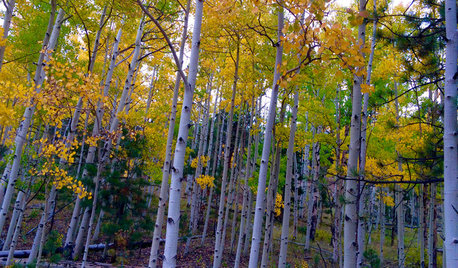
EARTH DAY‘Terroir’ Brings a Sense of Place to Your Landscape
Species native to and characteristic of your region firmly root your garden and landscape
Full Story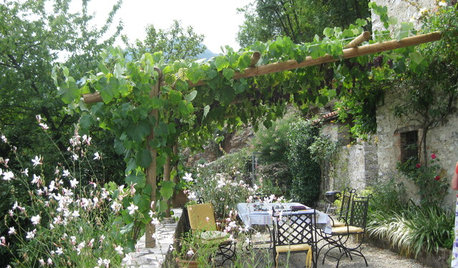
LANDSCAPE DESIGNRecipe for Mediterranean Edible Garden Style
The only thing better than a delicious meal outdoors is the satisfaction of growing some of the key ingredients yourself
Full Story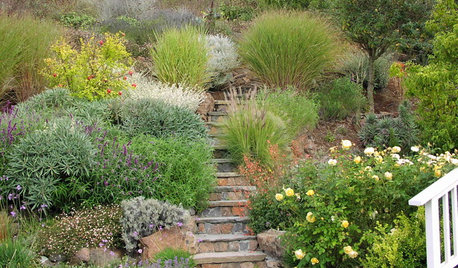
GARDENING GUIDESYes, You Can Grow an Edible Garden on a Hot, Dry Site
Difficult garden spots don’t need to deter you from planting trees, herbs and other delicious food plants
Full Story
WINTER GARDENINGPruning Secrets for Exquisite Roses
Encourage gorgeous blooms year after year with this time-tested advice on how to prune your rosebush in winter for health and shape
Full Story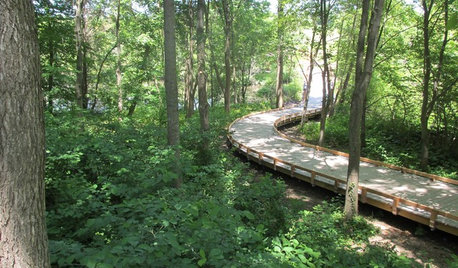
INSPIRING GARDENSWhat We Can Learn From Longwood Gardens’ New Meadow
Sustainability, ecology, native plant communities ... this public garden is brimming with lessons on horticulture for home gardeners
Full Story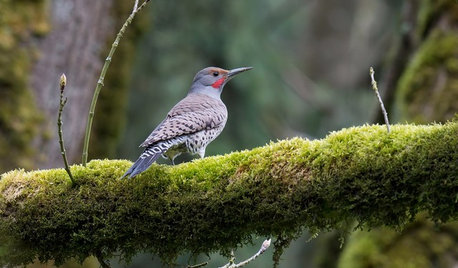
GARDENING GUIDESBackyard Birds: Healthy Home Habitats for Northern Flickers
These colorful woodpeckers found across the U.S. and Canada love berries, seeds and ants and often nest in deep burrows in trees
Full Story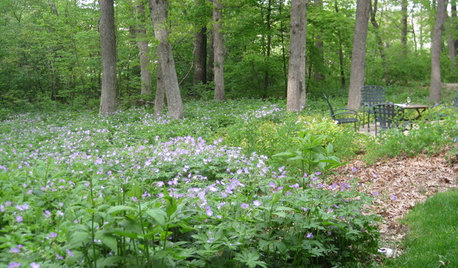
GARDENING GUIDESWe Bust 4 More Native Plant Myths
Have you been taken in by these fallacies about gardening with native plants?
Full Story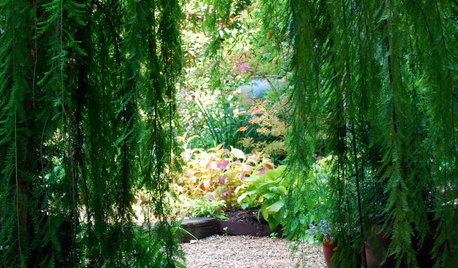
LANDSCAPE DESIGNTo Make Your Garden Memorable, Add a Hint of Mystery
An element of mystique — intriguing gates, an interplay of light and shadow, hidden views — can take your garden to the next level
Full Story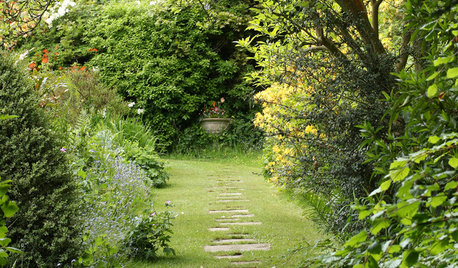
GARDENING GUIDES3 Easy Ways You Can Garden for Nature
Your choice of plants can help wildlife while cleaning the air and water
Full Story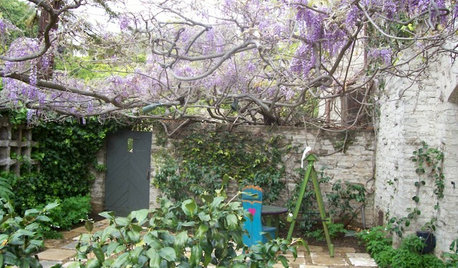
SPRING GARDENINGTop 10 Scented Plants for Your Garden
A palette of perfumed plants can transform even the smallest of gardens into a sensory delight
Full Story





generator_00